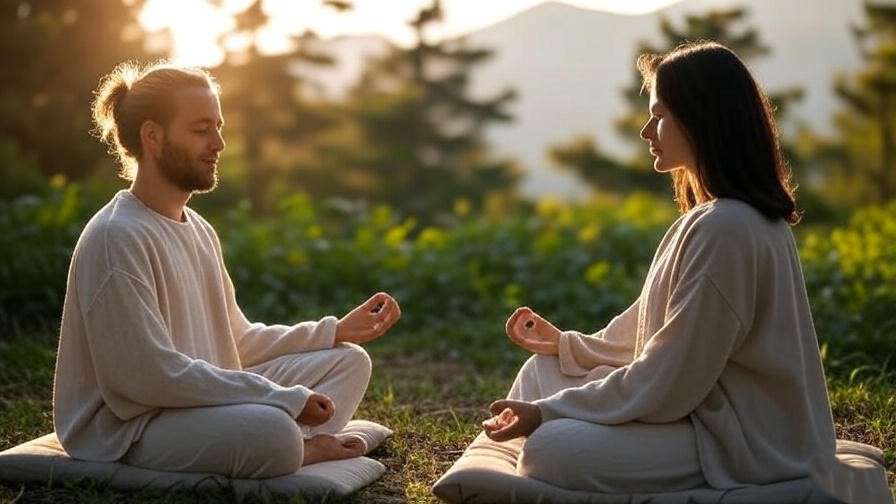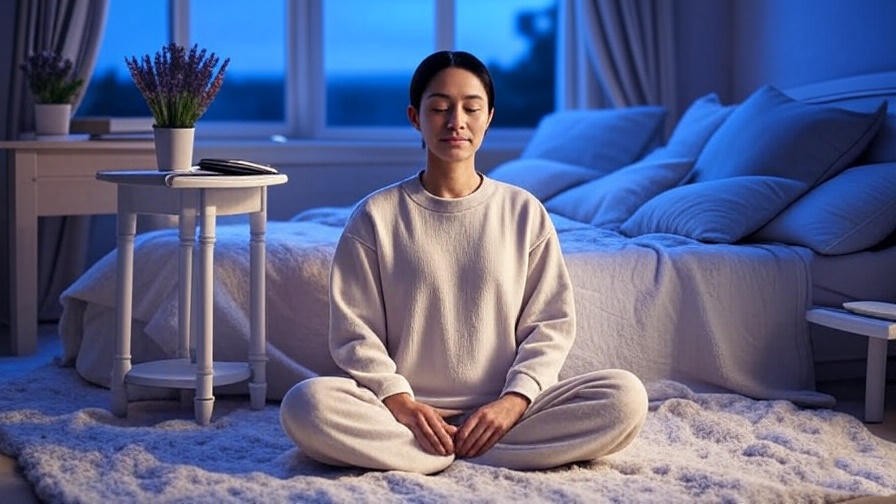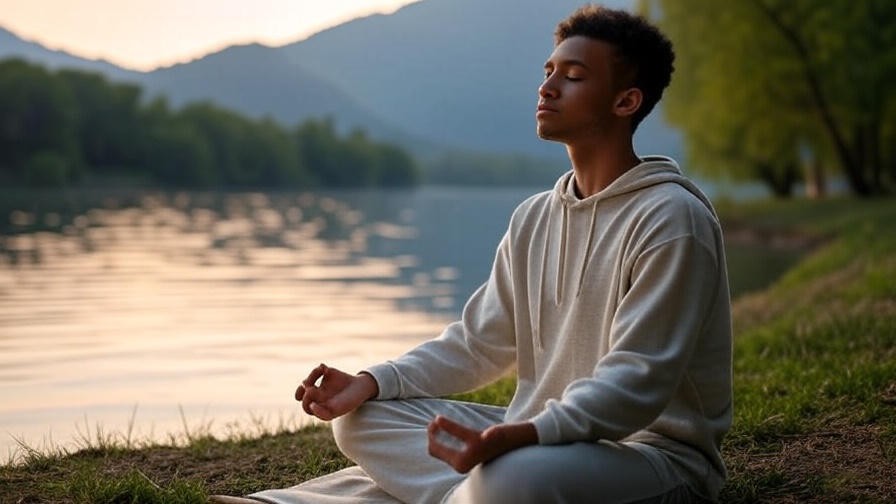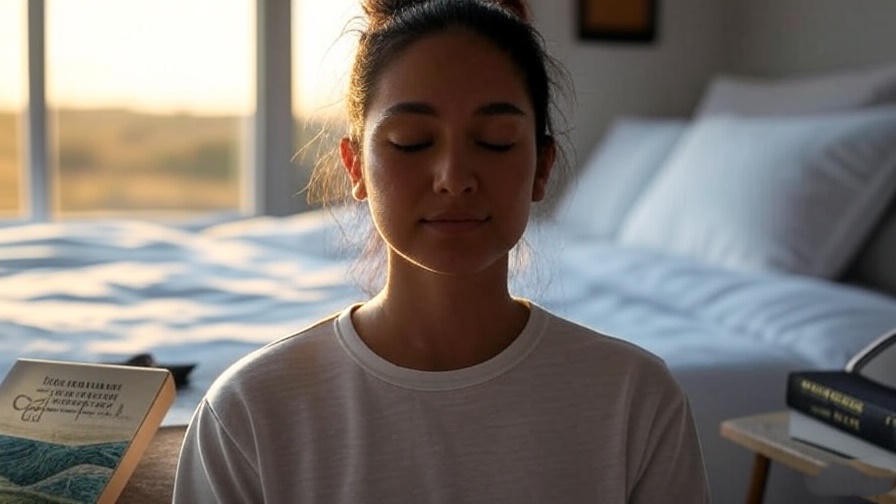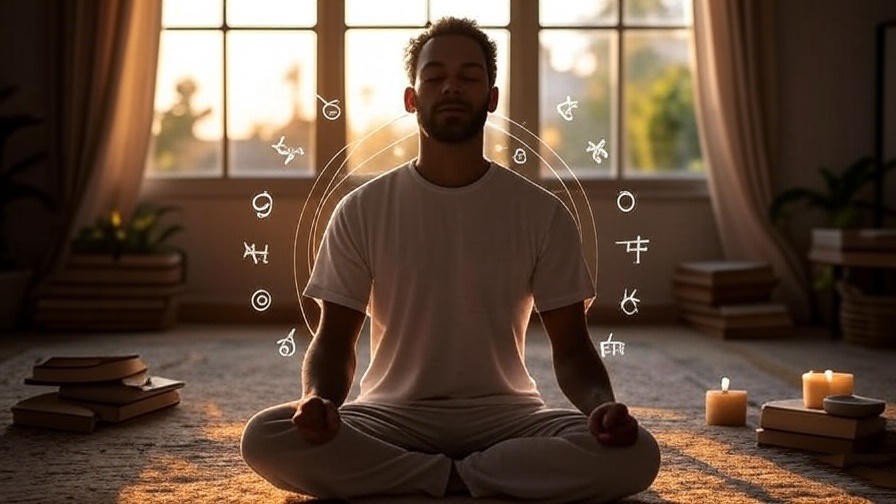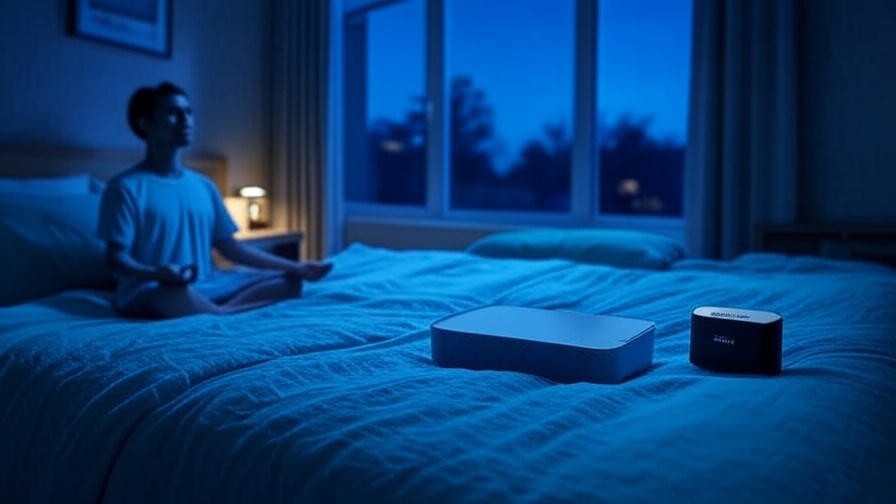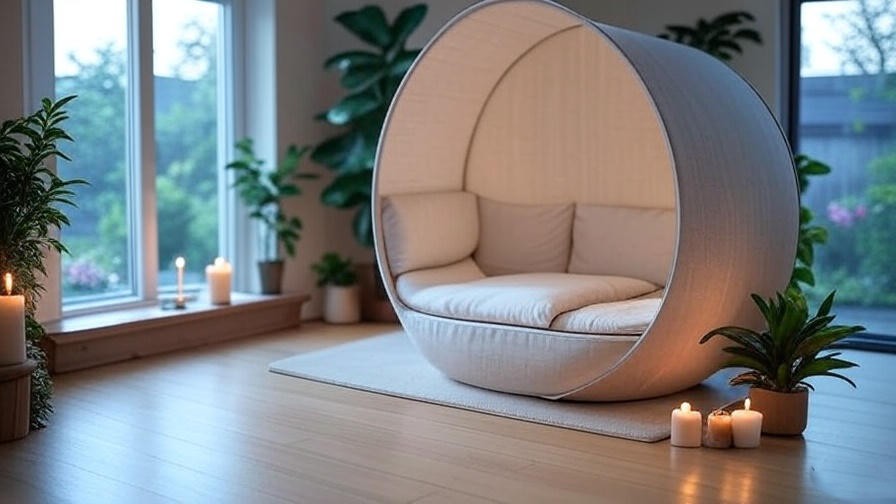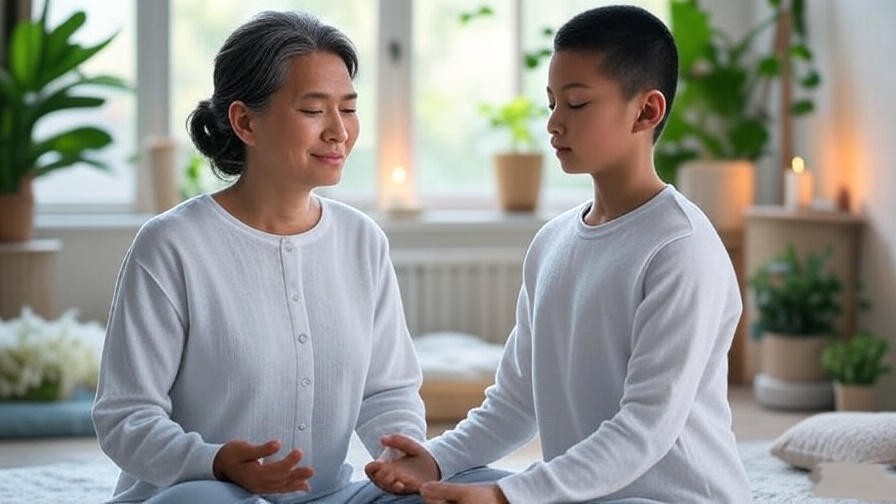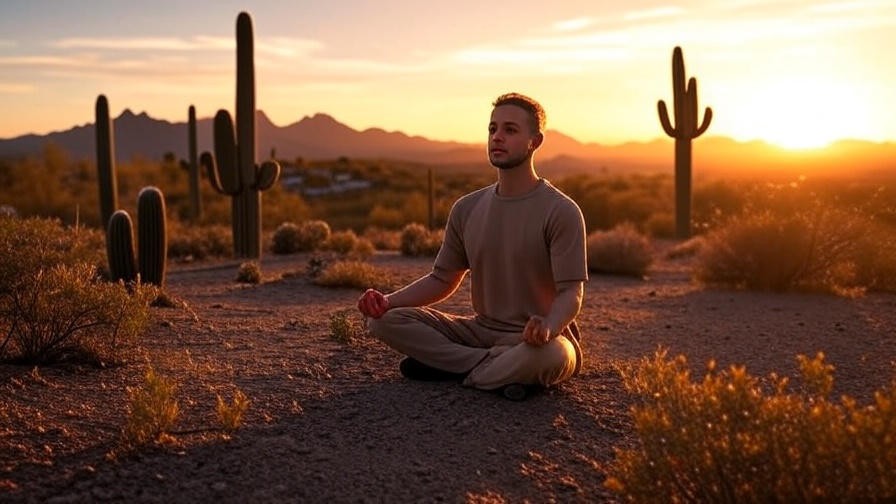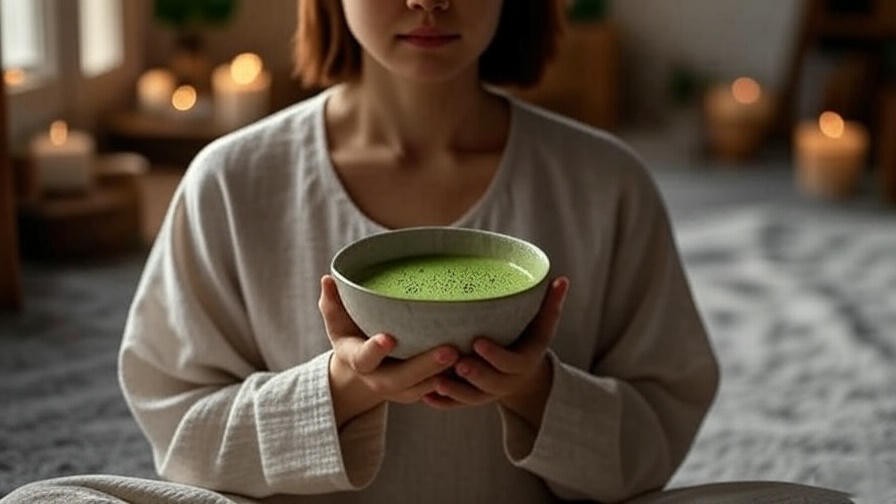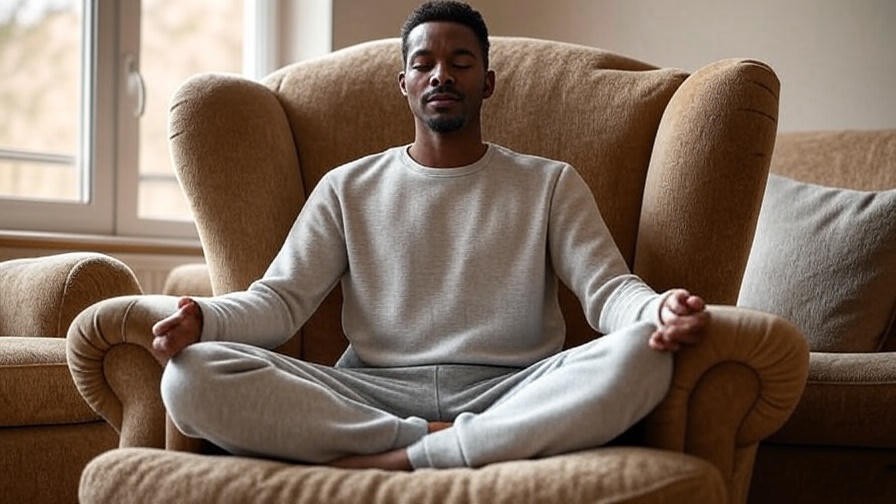Picture this: you and your partner, caught in the whirlwind of daily life—work deadlines, endless notifications, and barely a moment to truly connect. The spark that once felt effortless now seems buried under stress and routine. If this resonates, a couples meditation retreat might be the transformative experience you need. These retreats blend mindfulness, intimacy, and holistic well-being to help couples reconnect, reduce stress, and rediscover joy. Backed by psychological research and expert insights, this guide explores seven powerful benefits of attending a couples meditation retreat, offering practical tools and real-life stories to inspire you. Whether you’re seeking deeper emotional connection or a shared path to inner peace, this article will show you why a retreat could be the key to a stronger, more mindful relationship.
What Is a Couples Meditation Retreat?
Defining the Concept
A couples meditation retreat is a structured program designed to foster mindfulness and connection between partners. Unlike a typical vacation, these retreats combine guided meditation, mindfulness exercises, and relationship-focused activities to nurture both individual well-being and partnership harmony. Formats vary—some are weekend getaways in serene settings like mountains or beaches, while others are week-long immersions or even virtual experiences. Activities often include partner meditation, yoga, mindful communication workshops, and nature-based bonding exercises, all led by certified instructors.
Why Couples Choose Retreats
Couples turn to meditation retreats for many reasons: to rekindle romance, manage stress, or align on shared goals. According to a 2021 study published in Frontiers in Psychology, mindfulness practices can increase relationship satisfaction by fostering empathy and reducing conflict. Retreats offer a safe space to pause, reflect, and reconnect away from daily distractions. As Dr. Sarah Thompson, a mindfulness-based relationship therapist, explains, “Couples retreats provide a unique environment where partners can practice presence together, deepening their emotional and spiritual bond.”
Benefit 1: Strengthening Emotional Connection
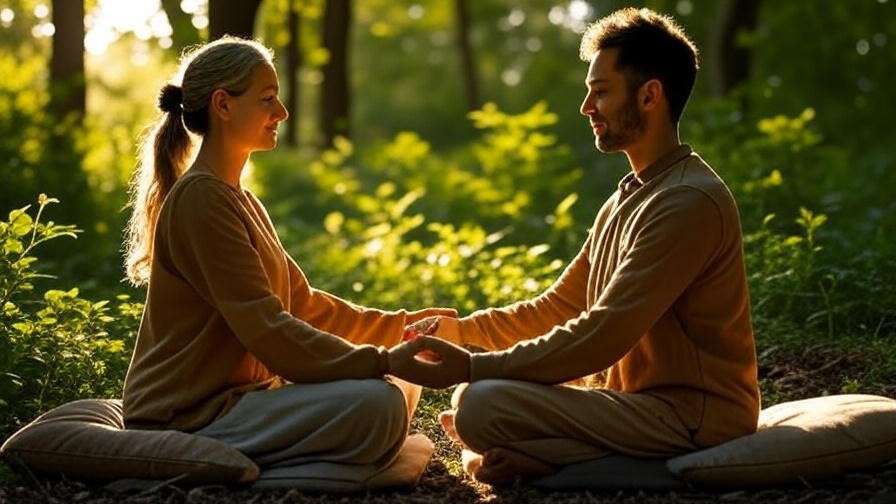
How Meditation Fosters Intimacy
Meditation encourages couples to be fully present, creating space for vulnerability and emotional intimacy. Practices like partner meditation—where couples sit face-to-face, syncing their breath or engaging in eye-gazing—build trust and empathy. A 2019 study in The Journal of Marital and Family Therapy found that mindfulness-based interventions increased couples’ emotional closeness by 25% compared to control groups. By focusing on the present moment, partners learn to listen without judgment and share openly, fostering a deeper connection.
Real-Life Example
Take Sarah and James, a couple who attended a weekend retreat in Sedona, Arizona. Struggling with frequent arguments, they felt disconnected. Through guided partner meditations and gratitude exercises, they rediscovered their shared appreciation, leaving the retreat feeling “like we were dating again,” Sarah shared. Their story highlights how retreats create lasting emotional breakthroughs.
Tip: Try This at Home
Sit across from your partner for five minutes, maintaining gentle eye contact. Breathe slowly, syncing your inhales and exhales. Notice any emotions without judgment. This simple exercise can spark intimacy and presence.
Benefit 2: Reducing Stress and Anxiety Together
The Science of Stress Reduction
Meditation is a proven stress-reliever, lowering cortisol levels and activating the parasympathetic nervous system. A 2020 meta-analysis by the American Psychological Association found that mindfulness-based stress reduction (MBSR) programs reduced anxiety by up to 30% in participants. Couples meditation retreats amplify this by creating a shared space for relaxation, where both partners practice techniques like guided body scans or breathwork.
Shared Stress Relief
When couples meditate together, they create a supportive environment for managing stress. Retreats teach partners to hold space for each other’s challenges, fostering mutual understanding. As licensed therapist Dr. Emily Chen notes, “Couples who practice mindfulness together report lower relational tension and greater resilience in facing life’s stressors.”
Benefit 3: Enhancing Communication Skills
Mindful Listening and Speaking
Effective communication is the cornerstone of a healthy relationship, and retreats prioritize this through mindful communication workshops. These sessions teach couples to listen actively—without interrupting or planning responses—and express themselves non-judgmentally. Techniques like “reflective listening,” where one partner mirrors back what the other says, help dissolve misunderstandings.
Long-Term Impact
Improved communication doesn’t end at the retreat. Couples who practice these skills report fewer conflicts and more constructive dialogues at home. A 2022 study in Couple and Family Psychology showed that mindfulness-based communication training reduced destructive arguments by 20% over six months.
Example: Mindful Communication Exercise
Try this: One partner speaks for three minutes about their feelings while the other listens silently, without interrupting. Then, the listener reflects back what they heard, starting with, “What I heard you say is…” Switch roles and repeat. This builds empathy and clarity.
Benefit 4: Cultivating Shared Purpose and Values
Aligning Life Goals
Retreats often include activities like vision-setting workshops, where couples explore their shared dreams and values. Guided exercises, such as creating a “relationship vision board” or writing gratitude letters, help partners align on priorities like family, career, or personal growth. This fosters a sense of teamwork and purpose.
Building a Mindful Partnership
By practicing mindfulness together, couples strengthen their partnership’s foundation. As retreat facilitator Mark Evans explains, “Mindfulness helps couples move from ‘me’ to ‘we,’ creating a shared commitment to growth.” This alignment deepens trust and mutual support.
Tip: Gratitude Journaling
Each evening, write down three things you appreciate about your partner. Share them aloud weekly to reinforce positivity and connection.
Benefit 5: Improving Physical and Mental Well-Being
Holistic Health Benefits
Couples meditation retreats often integrate holistic practices like yoga, tai chi, or plant-based meals, benefiting both body and mind. A 2023 study in The Journal of Alternative and Complementary Medicine found that mindfulness retreats improved sleep quality by 35% and reduced blood pressure in participants. These activities promote relaxation and vitality, enhancing overall well-being.
Couples Supporting Each Other’s Wellness
Retreats encourage couples to prioritize health together, creating accountability for lasting habits. For example, practicing morning yoga or cooking healthy meals post-retreat can become a shared ritual, reinforcing commitment to wellness.
Expert Insight
Holistic wellness coach Lisa Patel says, “When couples engage in self-care together, they amplify their motivation and create a ripple effect of health in their relationship.”
Benefit 6: Rekindling Romance and Playfulness

Rediscovering Joy Together
Couples meditation retreats often incorporate playful, lighthearted activities to reignite romance. Partner yoga, where couples support each other in gentle poses, or guided relaxation sessions with shared laughter can break the monotony of routine. These moments remind partners of the joy they share, fostering a sense of playfulness that’s often lost in busy lives. Retreats create a safe space for couples to let go, be silly, and reconnect on a deeper level.
Science of Play and Connection
Research backs the power of play in relationships. A 2021 study in The Journal of Social and Personal Relationships found that couples engaging in shared positive experiences, like laughter or creative activities, reported a 15% increase in relationship satisfaction. Activities like dance workshops or guided nature walks at retreats spark joy, helping couples rediscover the spark that brought them together.
Example: A Playful Breakthrough
Consider Emma and Liam, who attended a retreat in Costa Rica. Feeling stuck in a “roommate phase,” they joined a partner dance meditation session. The laughter and movement helped them rediscover their chemistry, with Liam noting, “It felt like we were kids again, just having fun together.” Their story shows how retreats can rekindle romance through shared joy.
Benefit 7: Creating Lasting Mindfulness Habits
Tools for Home Practice
A key strength of couples meditation retreats is their focus on equipping partners with practical tools for ongoing practice. Retreats often teach accessible techniques like breathwork, body scans, or guided visualizations that couples can integrate into daily life. Many provide resources like meditation scripts or app recommendations (e.g., Headspace, Calm) tailored for couples. These tools ensure the retreat’s benefits extend beyond the experience itself.
Sustaining the Retreat Glow
Maintaining mindfulness post-retreat requires intention. Couples are encouraged to create rituals, such as a 10-minute morning meditation or weekly check-ins to share feelings. Retreat facilitator Maria Gonzalez advises, “Consistency is key. Even five minutes of shared mindfulness daily can transform a relationship over time.” Couples who commit to these habits report sustained improvements in connection and stress management.
Tip: Build a Daily Ritual
Choose a simple practice, like a five-minute gratitude meditation before bed. Sit together, share one thing you’re grateful for, and meditate briefly on it. Apps like Insight Timer offer guided sessions for couples to make this easy.
What to Expect at a Couples Meditation Retreat

Typical Retreat Structure
A typical couples meditation retreat blends structured and free time to balance growth and relaxation. A weekend retreat might include:
- Day 1: Welcome session, guided partner meditation, and intention-setting workshop.
- Day 2: Morning yoga, mindful communication training, and group activities like nature walks.
- Day 3: Advanced meditation practices, vision-setting for the relationship, and closing ceremony.
Virtual retreats follow similar structures but use live-streamed sessions or pre-recorded content. Expect 4-6 hours of daily programming, with breaks for rest or reflection.
Choosing the Right Retreat
Selecting a retreat depends on your goals, budget, and preferences. Consider:
- Location: Serene settings like forests or beaches enhance relaxation, but urban or virtual options work too.
- Duration: Weekend retreats (2-3 days) suit busy schedules, while week-long programs offer deeper immersion.
- Facilitators: Look for certified meditation teachers or therapists with experience in couples work.
- Focus: Some retreats emphasize romance, others stress reduction or spiritual growth. Choose one aligned with your needs.
Retreat organizer Dr. Rachel Kim recommends, “Check reviews and facilitator credentials to ensure a high-quality, safe experience.”
How to Prepare for a Couples Meditation Retreat
Practical Tips
Preparation enhances the retreat experience. Discuss expectations with your partner: Are you seeking relaxation, reconnection, or skill-building? Pack comfortable clothing, a journal, and an open mind. For in-person retreats, confirm logistics like travel and accommodations. For virtual retreats, set up a quiet space with good Wi-Fi.
Mental Preparation
Ease into mindfulness before the retreat. Try a 5-minute daily meditation using an app or practice deep breathing together. Set a shared intention, like “We want to feel closer and less stressed.” This clarity helps you fully engage in the retreat.
Tip: Pre-Retreat Checklist
- Discuss goals with your partner.
- Practice a short meditation daily for a week before.
- Pack essentials: journal, water bottle, comfortable clothes.
- For virtual retreats, test your tech setup in advance.
Addressing Common Concerns
“We’re Not Experienced Meditators”
Many couples worry they need prior meditation experience, but most retreats are beginner-friendly. Facilitators offer step-by-step guidance, and activities are designed for all levels. As retreat leader John Carter explains, “The only requirement is an open heart. We meet couples where they are.”
“Will It Feel Too Intense?”
Some fear retreats might bring up uncomfortable emotions. While vulnerability is part of growth, reputable retreats create safe, supportive environments with trained facilitators. Couples can opt for less intense activities if needed, ensuring a comfortable pace.
Expert Insight
Therapist Dr. Laura Nguyen says, “Retreats are designed to be nurturing, not overwhelming. Facilitators are trained to guide couples through emotional moments with care.”
Real Couples, Real Results

Success Stories
- Anna and Mark: After a five-day retreat in Bali, this couple overcame communication breakdowns. “We learned to listen without reacting,” Anna shared. “It’s changed how we handle disagreements.”
- Priya and Raj: A virtual retreat helped this busy couple prioritize mindfulness. They now meditate together daily, reporting less stress and more patience.
- Sophie and Elena: A weekend retreat in Vermont rekindled their romance through partner yoga and gratitude practices, leaving them “more in love than ever.”
Data and Trends
A 2023 survey by Mindful Magazine found that 68% of couples who attended meditation retreats reported improved relationship satisfaction six months later. The rise of wellness tourism, with couples retreats growing 20% annually, reflects their increasing popularity.
FAQs About Couples Meditation Retreats
How Much Do Couples Meditation Retreats Cost?
Costs vary based on location, duration, and amenities. Weekend retreats typically range from $500-$2,000 per couple, while week-long programs can cost $2,000-$5,000. Virtual retreats are often more affordable, starting at $100-$500.
Can We Attend If Only One Partner Is Interested in Meditation?
Yes! Many retreats cater to mixed-interest couples, offering activities like yoga or workshops that don’t require meditation experience. Facilitators ensure both partners feel included.
Are Virtual Retreats as Effective as In-Person Ones?
Virtual retreats offer convenience and similar content but may lack the immersive environment of in-person settings. A 2022 study in Mindfulness found both formats effective, with in-person retreats slightly better for emotional connection.
How Do We Find a Reputable Retreat?
Research programs with certified facilitators, positive reviews, and clear agendas. Check platforms like Retreat Guru or BookRetreats for vetted options.
Conclusion
A couples meditation retreat offers a transformative path to deeper connection, reduced stress, and shared growth. From strengthening emotional intimacy to cultivating lasting mindfulness habits, the seven benefits explored here—backed by research and real stories—show how these retreats can revitalize relationships. Whether you’re navigating challenges or simply seeking more joy, a retreat provides tools to thrive together. Try a partner meditation at home, explore retreat options, or discuss the idea with your partner to take the first step. Here’s to building a stronger, more mindful bond—one breath at a time.

